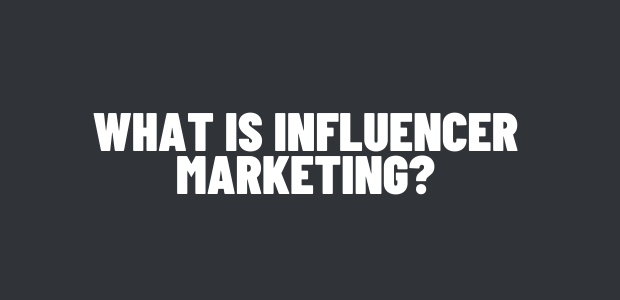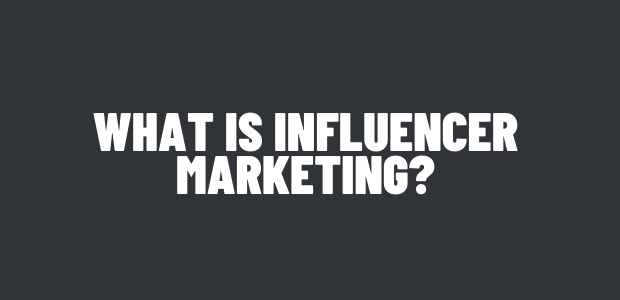The word ‘Influencer advertising or marketing’ has been floating around for a while now, however has proven quite difficult to new agencies attributable to the regularly contradictory recommendation of articles and web sites. Advertising agencies with their own agendas might hardly ever supply independent recommendation. So, we headed to the sector and compiled the maximum crucial bits so you don’t need to go to a hundred sources for the information you need: We will bring to the A to Z of Influencer marketing following this article.
Asper Wikipedia,
Influencer marketing is a form of marketing in which focus is placed on influential people rather than the target market as a whole on social media. It identifies the individuals who have influence over potential customers, and orients marketing activities around these influencers.
So, Influencer marketing is marketing that uses key content creators to drive authentic conversation and engagement around a brand’s products and message.
At its most basic, Influencer Marketing is like a hybrid of old and new marketing tools, taking the idea of the celebrity endorsement and placing it into a modern day content-driven marketing campaign. The main difference is that the results of the campaign are usually collaborations between brands and influencers.
Celebrities have been endorsing products ever since advertisements started: painted posters of actors vouching for brands of cigarettes, television adverts of perfume with singers promoting them.
Now that new media such as Instagram, YouTube, Facebook have taken over- a number of creators of small fame have risen with loyal followers who listen to what they have to say. You, as a retailer, can make a deal with such ‘influencers’ who have carved out a name for themselves and built a community that trusts them to advertise your products or service. Influencers come in many shapes and sizes: beauty bloggers, fitness experts, gamers, e-commerce specialists: the list goes on. We will write about this later in another article.

A good example of this would be Youtube celebrity PewDiePie. He teamed up with the makers of a horror film set in the French catacombs under Paris, creating a series of videos in which he underwent challenges in the catacombs. It was pitch-perfect content for PewDiePie’s subscribers, and received nearly double the views as the movie’s trailer. Everybody won.
That’s the simple example. It’s easy to imagine a celebrity teaming with a company to pitch a product—even if the pitch is a series of 10 minute videos instead of a 30 second television ad.
Easy, right?
Not exactly. Influencer marketing still remains a gray area for many brands in the context of overall marketing strategy.
The good news is today there is more knowledge, tools, and opportunities available for brands to leverage than ever before. We will discuss more on that later.


